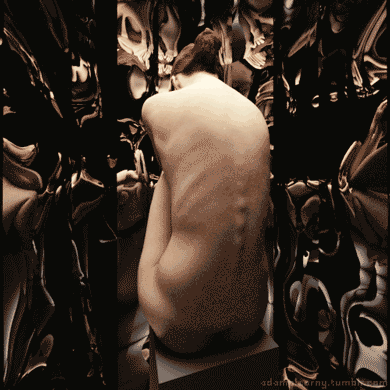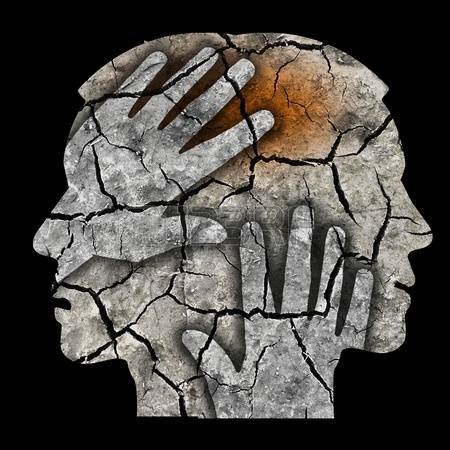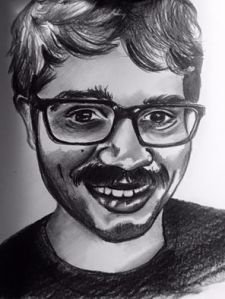
Does anyone believe schizophrenia ( a form of "madness" that includes seeing things and hearing voices) can be "cured" with conversation only—with words and human connection alone?
Most modern psychiatrists deny that this is possible. They claim that schizophrenia is a permanent brain disease. But a newer form of therapy is challenging that old perspective.
This particular therapy was developed in Lapland, Finland, and is referred to as open dialogue therapy. It is a form of acute family or group counseling that relies on the power of open communication. It is an approach that involves two main parts: tolerance of uncertainty and polyphony.
Polyphony refers to multiple voices interacting together (meaning all individuals in the counseling session are allowed to speak and be heard), and tolerance of uncertainty suggests that counselors unconditionally accept what happens in the session. If these tenets are adhered to, the healing process may proceed spontaneously as a result of everyone working together.

Metaphors and Symbols Helps Lessen Psychotic Symptoms
The therapy is mainly concerned with helping the "patient" talk in metaphors and symbols so they can more clearly convey how they are thinking and feeling. This open atmosphere of expression allows for understanding to be reached by all family members or loved ones, which may lessen the sufferers psychotic symptoms.
Furthermore, in open dialogue therapy, the therapist does not interview the group with goals in mind, nor does the therapist worry about the past, or about how the family functions. The therapist does not have an agenda other than to hear the stories of the family and client. She just listens and attempts to make an authentic connection with the client experiencing the madness.
In practice, whats this means is that no one is being judgmental to the sufferer, and that everyone is listening with empathy and truly trying to understand what is going on.

Current Research, the Medical Model of Psychiatry, and Leveraging Love
This open dialogue approach may sound like wishful thinking for a cure, but current research demonstrates that it is effective in reducing or eliminating delusions and hallucinations associated with schizophrenia. It may even work better than antipsychotic drugs without the long term negative effects. This makes it one of the first forms of therapies to be useful against psychosis.
The following excerpt of research comes from a psychologytoday.com article written by Neel Burton M.D.:
"The development of Open Dialogue is linked to evidence of its superiority to normal treatment of acute psychosis. After 5 years (1992–1997) of Open Dialogue treatment in Lapland, 81 % of participants had no remaining psychotic symptoms and 81% had returned to full employment. Only 35 % had used antipsychotic drugs (Seikkula et al., 2006). Similar results emerged from Tornio between 2003 and 2005. In the UK, only 20% of people diagnosed with schizophrenia would be expected to be symptom free after 5 years, with close to 100% of all patients with psychosis receiving antipsychotics."The problem is the that this form of therapy has not found popularity in the United States due to psychiatric insistence on adopting the medical model of mental illness (as well as problems with insurance companies).
Psychiatrists in the U.S. believe that schizophrenia is a chronic condition that requires lifelong use of antipsychotic drugs. However, open dialogue therapy seems to prove that schizophrenia may be more about relationship and life problems than about a broken brain.
My hope is that we can all be informed on these new types of therapies so that we can help get people away from taking prescription chemicals. The evidence already shows that open dialogue therapy can reduce or eliminate stress that may lead to a person to experiencing full-fledged madness. And to me, this illustrates the power of love that humans can leverage in service of those who suffer.

My name is Sterlin. Follow me at @sterlinluxan and Psychologic-Anarchist. I also run the Psychologic-Anarchist Facebook page and produce YouTube videos. My interests lie in the intersection of counseling psychology and anarchism. I write about the depredations of psychiatry, and also the philosophy of compassionate anarchism.

